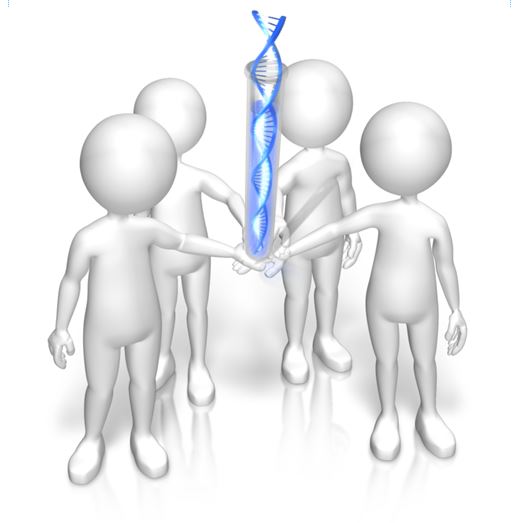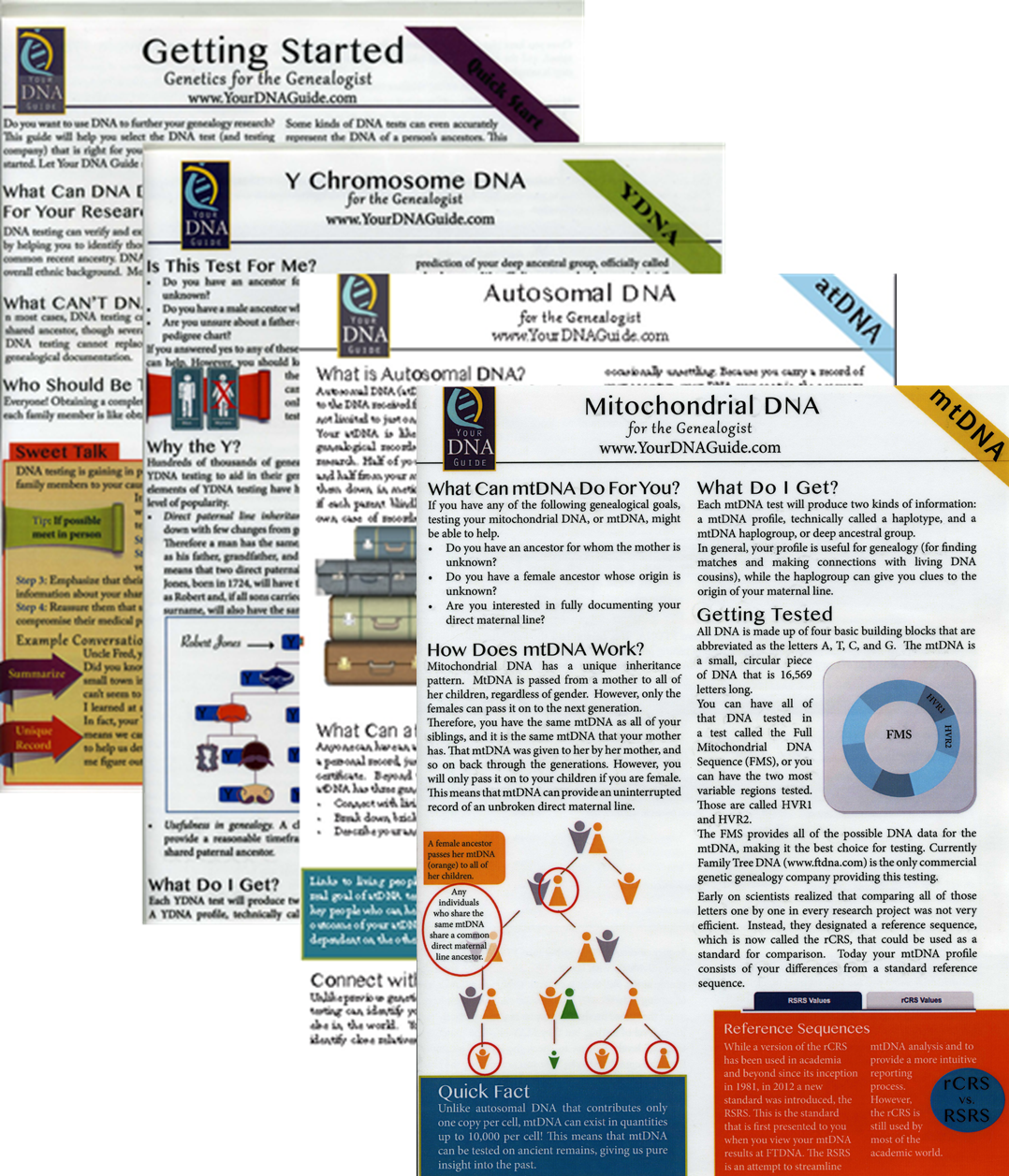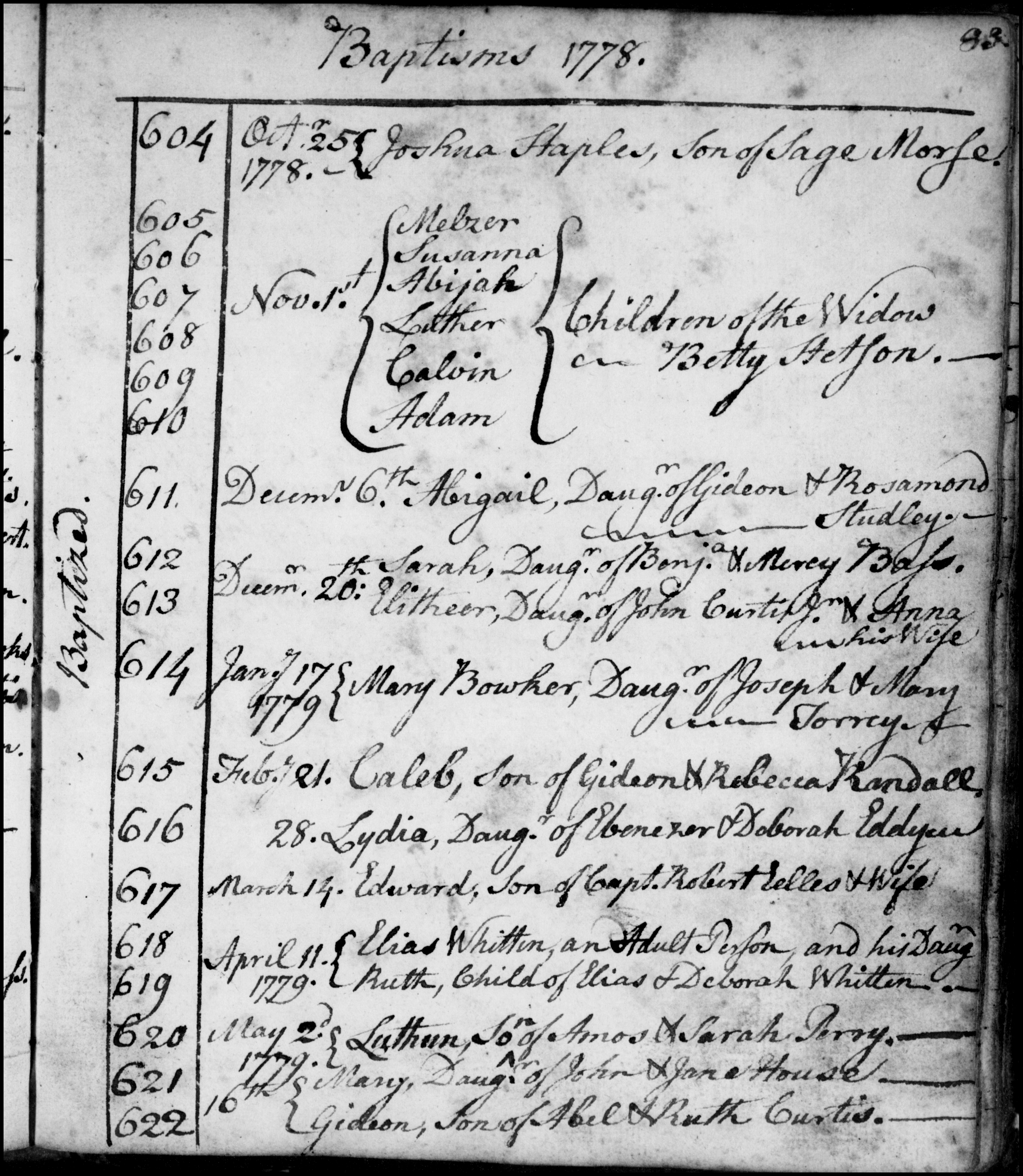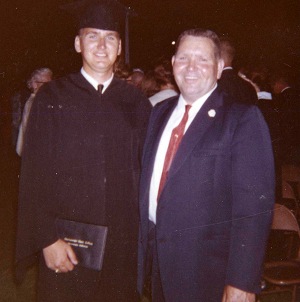by Lisa Cooke | Sep 2, 2013 | 01 What's New
On August 15 I posted a compelling video and article on my Facebook page about the importance of hard word and making your own luck, values I am fortunate that my ancestors passed on to me. The speech came from an unlikely source: a young Hollywood actor. In the video, Ashton Kutcher stands in front of a bunch of teenagers at the Teen Choice Awards talking about the importance of hard work:
“When I was 13, I had my first job with my dad carrying shingles up to the roof, and then I got a job washing dishes at a restaurant, and then I got a job in a grocery store deli, and then I got a job at a factory sweeping Cheerio dust off the ground,” Kutcher said. “And I’ve never had a job in my life that I was better than. I was always just lucky to have a job. And every job I had was a stepping stone to my next job, and I never quit my job until I had my next job. And so opportunities look a lot like work.”
The video went wildly viral (which is how I came across it) and it got me to thinking about my own work ethic. The credit for it sits squarely on my dad’s shoulders, and also my grandparents shoulders, and their grandparents shoulders.
My dad was the first in his family to get a college degree. He went to school and studied all day and worked in the local hospital morgue at night! (image left: Dad and my proud Grandpa at Dad’s Graduation) I remember endless nights as a kid creeping up behind him as he sat in at the makeshift office in my parent’s master bedroom, puffing on a pipe and studying for his CPA. We didn’t have much in common to talk about, but it was what I saw in action that was communicating to me. Dad went on to become a successful businessman in a large company, and later created several vibrant businesses.
I guess it was that non-verbal communication between father and daughter that inspired me as a kid to pull weeds, babysit and yes even shingle the side of the garage to make a few bucks. And I vividly remember taking a temporary job caring for a 100 old year woman for a few weeks one summer. She was testy at first as she felt generally ignored, but warmed up to her inquisitive caregiver until she was soon sharing stories of traveling as a little girl in a covered wagon. She’d found her audience and I was entranced.
At 15 I lied about my age so I could get a job at pizza buy expired medication place washing dishes. Within two days they promoted me to cook, a position a girl had never held in that restaurant.
Later I went on to my teenage dream job – sales clerk at the Mall record store. (Sheer persistence helped me beat out all the other teens for that one!) And then, on to a job at Radio Shack (this time the first female to be hired in the entire state!) as the TRS-80 hit the shelves.
I started my professional career working for free at a travel agency to get a little resume cred as I finished travel agent school, and was the first to land a job a week before graduation. I went on to working in corporate America where I received invaluable career development.
But like my dad, I’m an entrepreneur at heart. I’ve created a couple of businesses and positions for myself over the years, and find myself now with Genealogy Gems living my dream and drawing from all of my past experiences.
There have been many challenges along the way – no one ever said work was easy. And in fact, my mom’s favorite saying that was drilled in to us as kids was “life isn’t fair – get over it!” She was absolutely right, and she removed the obstacle of fretting over fairness from my life, so I could just get on with working hard and creating my own dreams. I was one lucky kid!
Now whenever a challenge arises, my instinct is to say to myself: I can’t wait to find out what future opportunity this dilemma is training me for!” Almost without exception, I can look back over my past work experiences and see how they are helping me today. Some of the very worst have turned out to be blessings.
So what “lucky” opportunities have you had and created? On this Labor Day I hope you’ll join me in the comments and also share what you learned from your previous generations.
The good news: Even if the most recent generations that came before let you down, family history offers you centuries to pull new and positive values from. Your ancestors were survivors and yep, that’s why you’re here! You may have parents or grandparents who went astray, but you have countless ancestors to find, and learn from. And best of all, you get to pick which values you wish to embrace, and which will fall by the wayside.
Let us pass on what our ancestors taught us so our kids and grandkids can enjoy the opportunities, growth, reward and freedom that comes from good old hard work.
Happy Labor Day!
by Lisa Cooke | Aug 17, 2013 | 01 What's New, Book Club, FamilySearch, Research Skills
Do you sometimes wish you had your own enormous library of family history reference books? Or do you dream of how nice it would be to live near a major research library? Or do you ever wish the family history book in your hand had been better indexed so you could turn exactly to the page you need?
Digital books essentially make these dreams come true by putting books at your virtual fingertips with fully-searchable text (no indexes needed!). And FamilySearch’s digitizing project (a partnership with Allen County Public Library and other major research libraries) now has 100,000 titles scanned, more than 80% of which are online.
If you haven’t used the free Family History Books section at FamilySearch.org, you should go browse it right away. According to a press release, “The majority of the books online are family histories, with a smaller portion made up of cemetery records, local and county histories, genealogy magazines, and how-to-books, gazetteers, and medieval histories and pedigrees.”
Your family may be hidden in one of these books – and they’re now searchable with just a few keystrokes. What keywords should you try? Of course, your ancestor’s surnames, including variant spellings. Also search for other words associated with their lives: the name of their hometown, church, school, employer or industry, ethnic group and even surnames of friends or associates.
You can contribute to FamilySearch’s digital books library, too. If you are attending the Federation of Genealogical Societies conference next weekend in Fort Wayne, Indiana, you are invited to bring your own titles for scanning by FamilySearch and Allen County. They are most interested in autobiographies and biographies containing genealogical material; family histories with genealogical information; indexes to records; local and county histories; and yearbooks.
To contribute a digital book, FamilySearch says: “Permission must be obtained from the author or copyright holder before copyrighted books or photos can be scanned. (Most books that were published before 1923 are in the public domain and do not require permission.) There is no limitation on the size of a book for scanning, but photos should not be larger than 8.5 x 11 inches.”
by Lisa Cooke | Jan 19, 2015 | 01 What's New, DNA, Social Media
Family history organizations and studies based on individual surnames have been around for years. They are now integrating YDNA research into their efforts. Use surname projects to enhance your paternal DNA research!
Surnames are the flagships of our genealogical research. We name our files after them and we tag our research with them. We wear our last names proudly on pins and necklaces and T-shirts.
But surnames can also be misleading. Illiteracy, language barriers, and just plain carelessness led to misspellings and alterations, not to mention those ancestors who blatantly changed their name to avoid detection.
The advent of YDNA testing has changed the way many genealogists view surnames and their role in their genealogy. Because a man’s YDNA is the same as the YDNA carried by each of the ancestors in his direct paternal line, the YDNA can act like a filter, clearly indicating which men with a particular surname, or variant, truly share a direct paternal line.
So how has YDNA testing affected family organizations that do surname research? I asked Debbie Kennett, a regular contributor to the International Society of Genetic Genealogy Wiki and Facebook page who is also involved with the Guild of One Name Studies. The Guild of One Name Studies was established in 1979 to promote public understanding of one-name studies and preserve the information obtained by those studies.
“Virtually every common surname is now the subject of a DNA project,” says Debbie, including “just over 500 Guild members who are running a DNA project. That number has jumped up considerably just in the last couple of years.”
The quality of those projects varies. Debbie tells us that a quality YDNA project includes three elements: “presenting the DNA data, recruiting people from different countries and also correlating all of the genealogy information.”
Jean Morrison, a member of the Morrison surname project, says that because of DNA testing, “identifying where in Scotland this family originated prior to coming to America ca 1728 has become a realistic goal. The Morrison Q Group has identified through Y line testing at 111 markers, 22 individuals with an MRCA (most recent common ancestor) within eight generations.” In plain English, this means that a definite YDNA pattern has been associated with her Morrison surname and with a common ancestor eight generations back.
Noel and Ron Taylor were two early adopters of YDNA testing for their Taylor family project. Their first samples were submitted to the Sorenson Molecular Genealogy Foundation in 2000. The former president and currently the head of the board of trustees for the Taylor Family Society, Noel says that using DNA “caught the attention of many people in our organization….It renewed great interest in the hearts of many people who had been doing research for many years [who may have] lost interest and were somewhat discouraged.” The Taylors have made significant breakthroughs with their DNA testing. They have connected several Taylor lines back to a common ancestor, verified their paper trails, and even found a line of Hodges that were actually Taylors!
It appears that YDNA is becoming part of the research plan for most family societies. But Debbie tells us that there is still much room for improvement in her organization. “Not all Guild members are running [DNA] projects. We have something like 2,700 Guild members so we are still not at the stage where the majority of Guild members are running projects.”
Besides The Guild, other organizations have been created to assist genealogists with their surname research, including a new organization just launched in November. The Surname Society’s goal is to “to build a collaborative environment where members are encouraged to develop their own approach to the investigation of their surname.”
Kirsty Grey, chairman of the Surname Society, says that DNA testing has taken a front seat role in the research of one of their founders as well as several early members. “DNA is one of the many strands of family history research (and to a greater extent, surname studies) which can connect individuals, often where genealogical research cannot.”
That really is the bottom line. DNA, especially YDNA, can tell you things about the surnames in your pedigree that you can’t learn in any other way. If you haven’t yet, it’s time to jump on the YDNA bandwagon and see what your DNA has to tell you.
 I can help you! Check out my series of quick guides (purchase all 4 laminated guides or the digital download bundle for the best deal):
I can help you! Check out my series of quick guides (purchase all 4 laminated guides or the digital download bundle for the best deal):
by Lacey Cooke | Sep 2, 2018 | 01 What's New, School Records |
School records can fill in the gaps in missing vital records, as well as provide a rare glimpse into the daily lives of our ancestors. Guest blogger Margaret Linford shares her personal stories about how schools can connect us to our families. She also provides great...
by Lisa Cooke | Jan 29, 2014 | 01 What's New, Church, Records & databases, Volunteer
If you have New England roots, you need to know about New England’s Hidden Histories, an ongoing project of the Congregational Library in Boston,  Massachusetts. This project is collecting, digitizing, indexing and posting online New England church records, a vital source for finding your family’s vital records in New England.
Massachusetts. This project is collecting, digitizing, indexing and posting online New England church records, a vital source for finding your family’s vital records in New England.
“Congregational church records are an unparalleled source of information about the religious activities of the early colonists, and about many other aspects of early American life as well,” says the Congregational Library website. ” They provide a richly detailed view of town governments and social customs, data on births and marriages and deaths, and demonstrate the ways that ordinary people participated in community-wide decision-making — information that is simply not available in any other records from that time.”
Until recently, many Congregational church records were “mostly scattered across New England, in church closets, bank vaults, or the offices of town clerks,” explains the site. “Many have been left exposed to the elements and are in danger of deterioration, or are all but impossible for the average researcher to locate.”
The Congregational Library is spearheading the effort to collect, digitize, index and make available to researchers as many of these records as possible. To date, says Digital Archivist Sari Mauro, “We currently have 17 collections online, and several more at various places in our workflow. Of these collections, two are fully transcribed. We eventually hope to be able to display all of our collections with full-text transcriptions.”
They are looking for more volunteers to transcribe these records. Would you like to help? Click here to learn more.
By the way, this collection goes beyond just baptism, marriage and death records, in an attempt to fully document church life of the times. “Our current collections vary in size from 20 pages to 2,000+ pages and address a number of topics including church founding, church membership, births and deaths, church discipline, pastoral salary, church and community controversy, and issues of doctrine and practice.”




 Massachusetts. This project is collecting, digitizing, indexing and posting online New England church records, a vital source for finding your family’s vital records in New England.
Massachusetts. This project is collecting, digitizing, indexing and posting online New England church records, a vital source for finding your family’s vital records in New England.